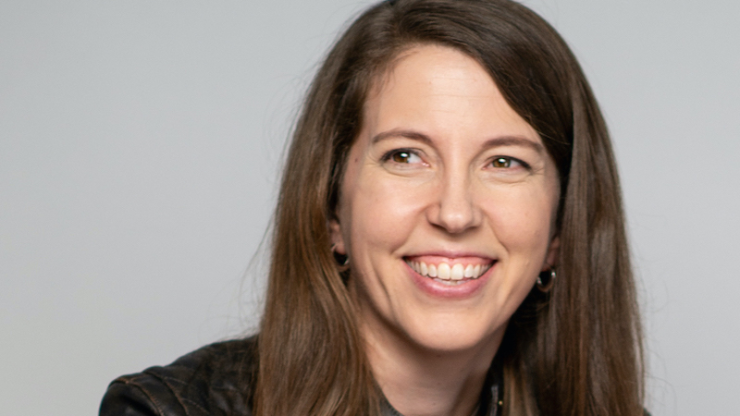Fresh off receiving a $1 billion credit line from Credit Suisse, Curve is looking to accelerate its position in a race among U.K. fintechs to shake up the U.S. financial services market.
Curve , which specializes in an all-in-one payment card that allows consumers to store several accounts, this week secured a $1 billion credit line from Credit Suisse, a rare infusion in what has largely been a correction year for
Amanda Orson, Curve's U.S. CEO, is at the center of the fray. "We're looking at new ways to allow consumers to better tackle their finances," Orson said.
The

The company plans to use the Credit Suisse line to expand Curve Flex in the European Union and the U.S., alongside a direct line of credit that can be accessed before a transaction. Curve also wants to launch an in-app and in-browser buy now/pay later lending product in 2023.
Curve Flex allows consumers to split Curve transactions made with any merchant and any card into monthly installments. Curve Flex initially launched in the U.K., branded as Swipe Now to Pay Later, allowing payments to be split into three, six, nine or 12 monthly installments.
These new and planned products join older Curve services such as the "
"We're a capital management tool," Orson said. "Making a dynamic change is something that people love."
Curve is also relying on crypto rewards to enlarge its audience. It allows consumers to get 1% cash back — either in crypto or regular currency — regardless of the underlying card used to fund the purchase. This type of reward program may appeal to consumers that are otherwise reluctant to invest directly in crypto, according to Orson.
"I would say the market is less enthralled by crypto than they were earlier in the year," Orson said, adding Curve is rare in that it does not tie its crypto rewards to a centralized exchange. "So we're impervious to what's been going on in crypto."
Among other U.K. fintechs,
Consumers and merchants will appreciate the flexibility of Curve's "all in one" model, according to Daniel Keyes, an analyst at Javelin Strategy & Research's payments practice. In the case of installment lending or BNPL, which has become more competitive, Curve's ability to allow consumers to manage which card they use will be attractive, he said, adding that among other BNPL providers, American Express and JPMorgan Chase also offer "retroactive" BNPL.
"Retailers can drive more sales with a more flexible BNPL option for consumers," Keyes said.
Where Curve may have challenges is in the work required to change cards, Keyes said.
Consumers have become accustomed to a "stored credential" world in which the payment is almost invisible — whichever card they used to sign up for a service is the one they continue using until it expires. Even when choosing buy now/pay later for specific purchases, the consumer doesn't have to change the default payment option for later transactions.
By contrast, Curve's all-in-one concept asks consumers to actively decide which account they use every time they buy something.
"The consumer has to do more work," Keyes said. With other BNPL choices "you pick the BNPL app and it's over."
Before her role in driving Curve's U.S. growth, Orson was an investor in more than a dozen startups in crypto, fintech and other categories. She is also a 2003 graduate of The Citadel, a military college in South Carolina, a time when it was rare for women to attend.
"I went through every kind of thing you could think of," Orson said. "I was one of the first women cadets and was also gay. This was still during the time of 'Don't ask, don't tell.' "
The Citadel did not not return a request for comment by deadline. Women have attended the military academy since 1995, following a legal battle that forced the college to accept women. The first cadet, Shannon Faulker, was subject to
"The stance has
The "adversarial" military environment prepared her well for managing gender gap issues that can accompany a career in business, financial services and technology, Orson said. Her experience also created a close-knit group of colleagues. "We have been able to help each other out over the past 20 years." she said.






